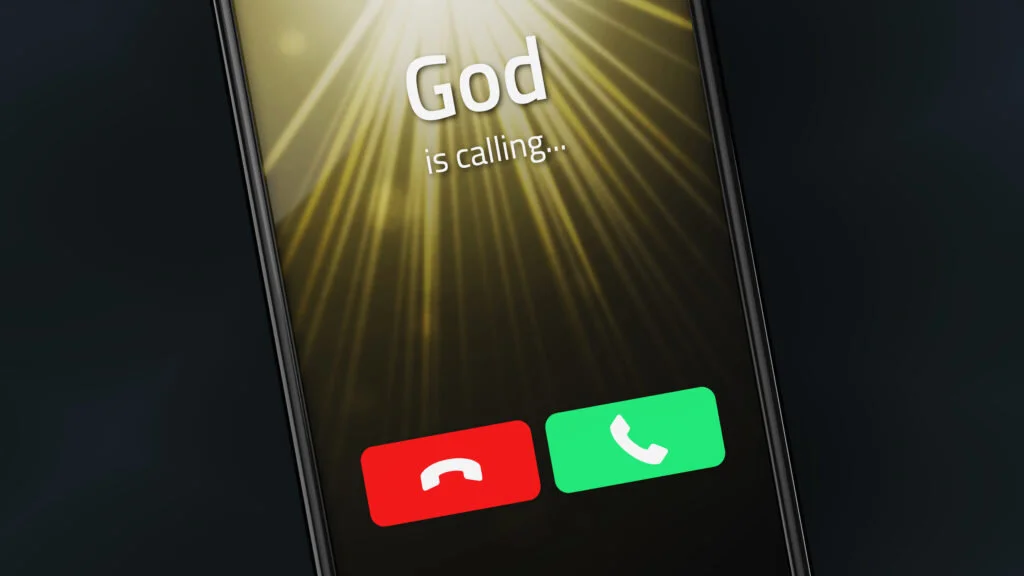LOS ANGELES -- When pollster David Kinnaman went to college two decades ago, his Generation X life was surrounded by electronic screens and all the gadgets that connected to them.
There were TV screens, movie screens and new computers, some of which even had speakers. There were VCRs, CD players, cassette recorders, video cameras and other cool devices. The hottest trend was "email" that allowed students to do something Baby Boomers could only dream about -- send private, instant messages to friends in nearby dorms or around the world.
Pop culture was huge. Technology was powerful. But today, all those devices have evolved into one life-changing screen carried by millions of so-called Millennials -- the smartphone. And through these screens stream the myriad channels, icons, brands, apps and voices that are shaping a generation.
But what religious leaders and educators must understand is that this updated "screen culture" has created the opposite of a unified youth culture, said Kinnaman, president of the Barna Group, a faith-centered research firm. While it's accurate, for example, to say pop culture is in "some ways the new religion," that doesn't mean all digital consumers raised during past quarter century share one faith -- quite the opposite.
"Pop culture is becoming a new religious grid, it's becoming the filter through which they examine and interpret their reality," he said, speaking at a national conference in Los Angeles held by the Council for Christian Colleges and Universities (the global network in which I teach, through the Washington Journalism Center).
The smartphone "screen age is dictating this new 20-something reality," which should affect everything from how churches address sexuality to how colleges teach the Bible, he added. "How it is that we will disciple in this ... digital Babylon is terribly important for us to consider."
The bottom line: The pieces in the puzzles that complicate so many of young lives have been radically individualized. Thus, the Millennials mantra: "It's complicated."
This includes faith. Over the past decade, Kinnaman noted, Barna researchers have conducted 27,000 interviews with Millennials (ages 18-31) and found that more than half of those with a Christian background have, at some point, stopped going to church.
In his book, "You Lost Me," Kinnaman noted that 10 percent of these straying Millennials are "Prodigals" who have lost the faith -- period. Another 30 percent are "Exiles," who to some degree remain inside a church, but feel lost and cannot find a comfortable niche. The largest segment -- 40 percent -- are "Nomads" who have left the institutional church, but still claim the label "Christian."
The hard truth that many religious leaders have never accepted, he added, is that Millennials are merely walking the do-it-yourself spirituality path used by many of their parents. Nomad faith is now the American way.
"What we learn in our research," he said, "is that a majority of Americans are Christian nomads -- adults of whatever generation. Right? We see that most adults in the country are Christian, and yet very few of them are very active as Christians. They have accepted the IDEA of being Christians."
This reality is now affecting how young Americans make decisions about sex, marriage, family life and careers, with more and more Millennials delaying the burdens, commitments and uncertainties of adulthood.
In the 1960s, he noted, 77 percent of women and 66 percent of men had -- by age 30 -- completed the major transitions of life, such as leaving home, finishing school, achieving financial independence, getting married and having children. In 2014 these numbers were quite different, with 46 percent of women and a mere 31 percent of men having made these steps into adulthood by age 30.
Will it be a challenge for older adults to offer spiritual guidance as young Americans struggle with these issues? Obviously, said Kinnaman, because adults are adults and peers are peers.
"This is a generation that wants ... be engaged with people, with diversity, with friends from around the world, with different points of view, with different religions, with different perspectives," he warned the educators in attendance.
"If you tell them that you have to choose between being friends with somebody and their faith, they will choose being friends. They will choose relational connection over what you think they need to believe in terms of orthodoxy. ... We are finding that with Millennials their peers are their moral and spiritual compass."


